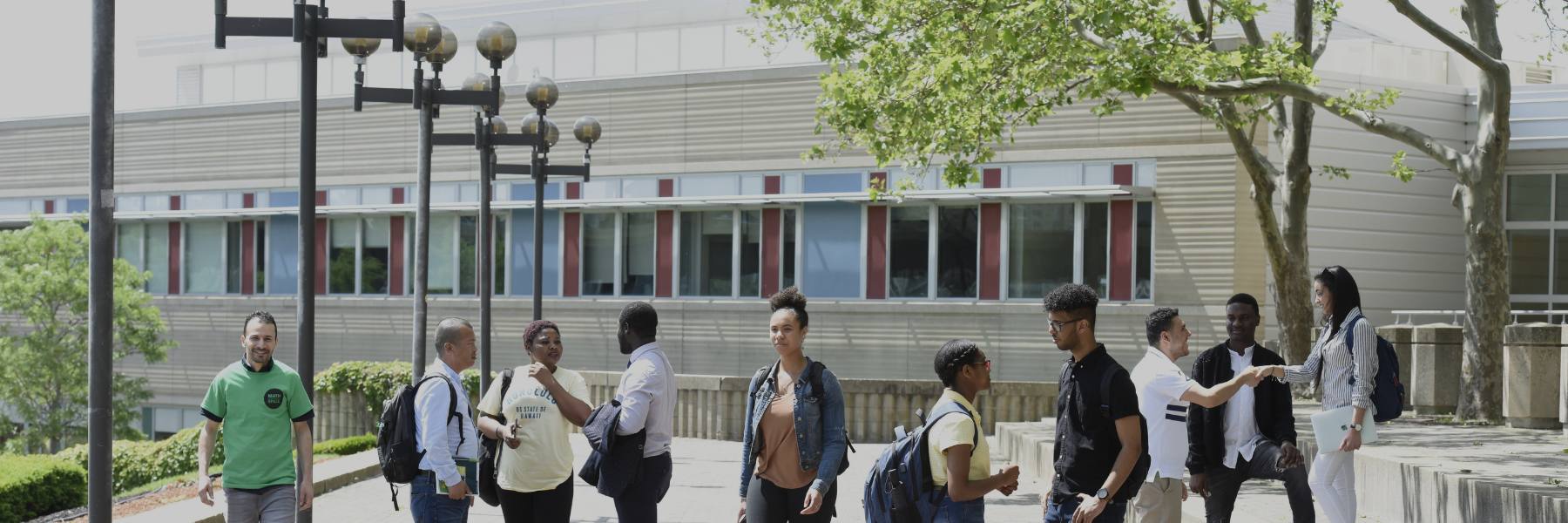
Supporting a welcoming and vibrant educational community
The Office of Access and Opportunity at Bunker Hill Community College helps ensure that all people who work, attend school and use the College campuses are treated with respect and are able to pursue their endeavors without experiencing unlawful discrimination or undue impediments, barriers or obstacles. The Office monitors the implementation of the College's nondiscrimination policies and coordinates educational opportunities and programs open to all.
Speaker Programs
As part of a broad effort to provide a welcoming environment at BHCC, the Office of Access and Opportunity annually sponsors a wide range of speakers throughout the academic year.
Resources
- Affirmative Action and Equal Opportunity Statement
- Sexual Harassment Guidelines
- Guidelines Concerning Sexual Violence
- Sexual Violence - Victim's Rights and Information Policy
- Student Guide to Title IX
- Faculty & Staff Guide to Title IX
- Policy on Affirmative Action, Equal Opportunity & Diversity
- MCAD Guidance: Pregnant Workers Fairness Act
- Statement on Inclusion
- Statement on Civility
- View a video on consent
How to file a complaint
To file a discrimination complaint or grievance, contact Nahomi Carlisle, Esq., Associate Vice President, Chief Compliance Officer and Section 504/ADA Coordinator, at 250 New Rutherford Avenue, Charlestown Campus, Room A307, Boston, MA 02129, phone: 617-228-3311; email nahomi.carlisle@bhcc.edu.

